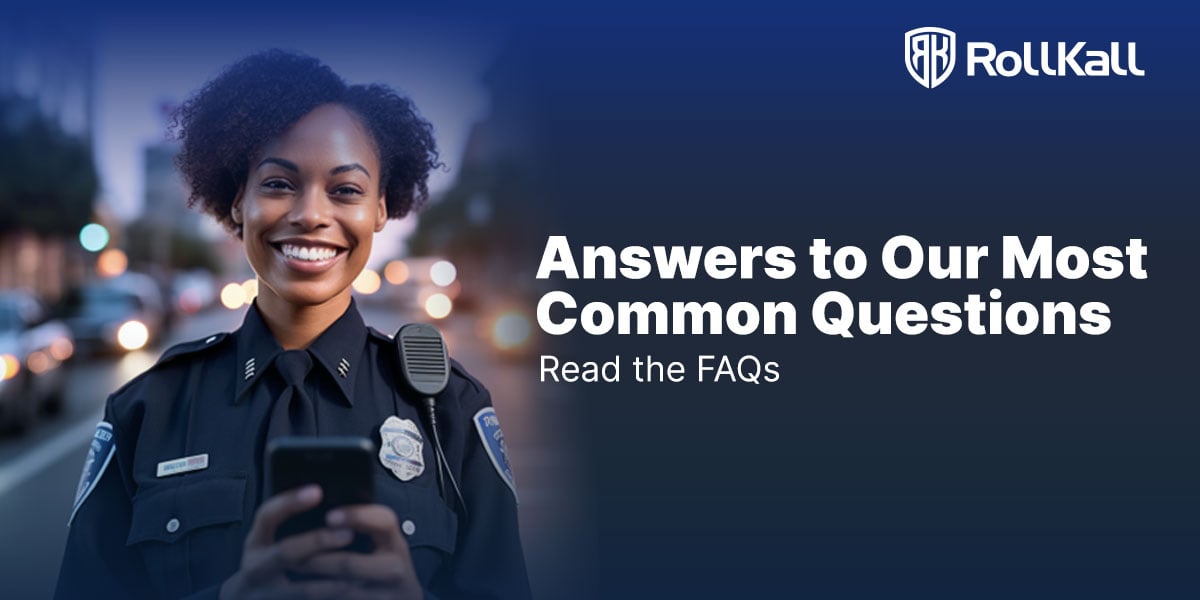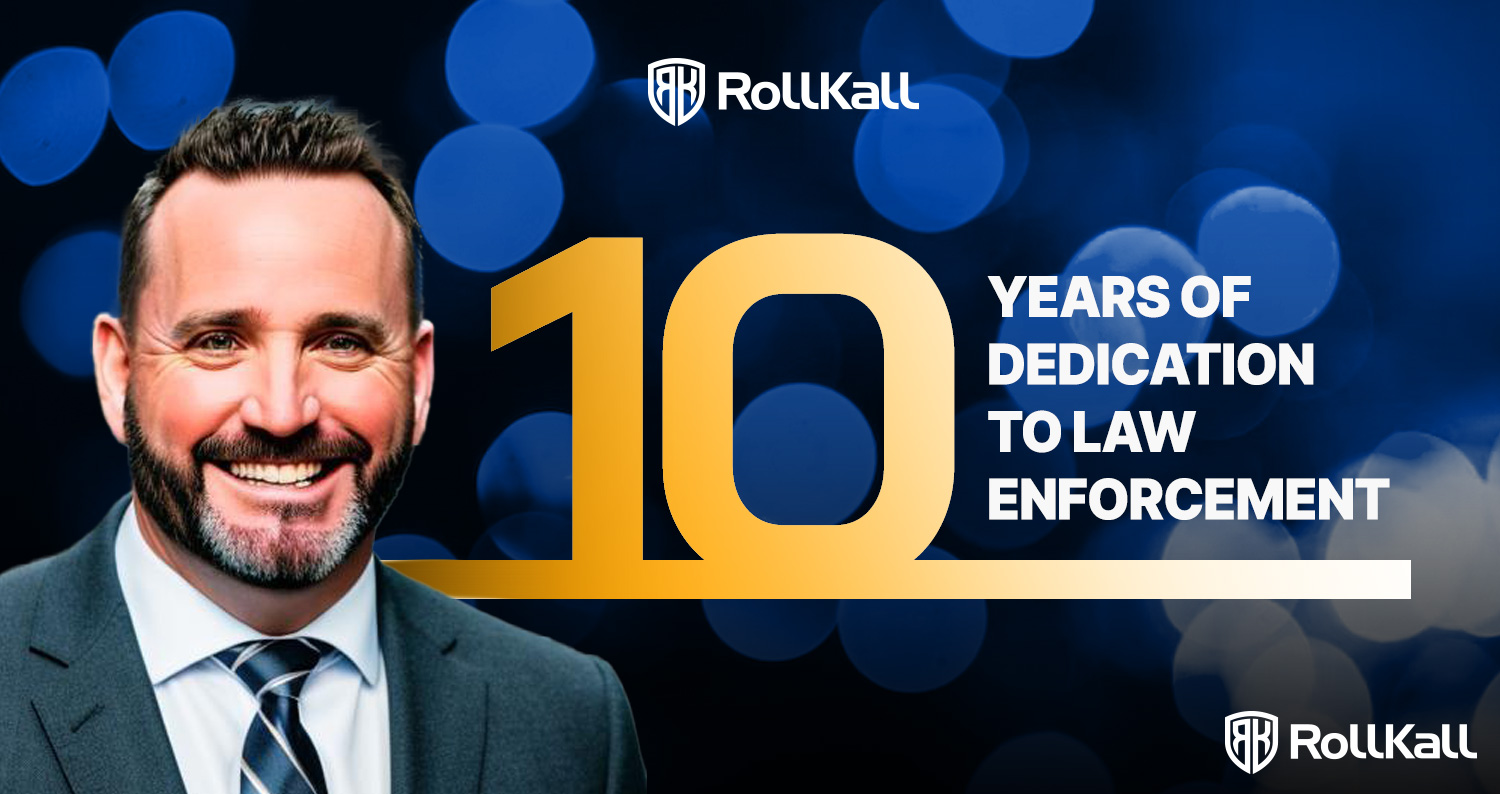Download the free guide
Aenean eu leo quam. Pellentesque ornare sem lacinia quam venenatis.
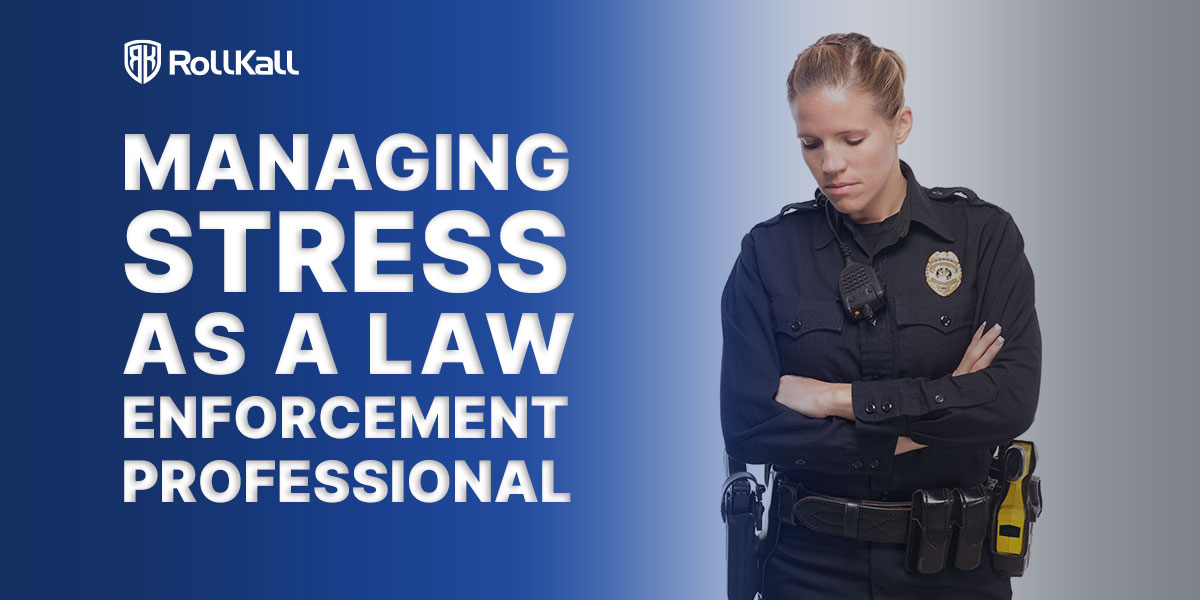
There’s no denying it: policing is stressful. While most jobs are stressful from time to time, working in law enforcement carries extra weight at every level, from officers on patrol all the way up to chiefs. It’s the nature of the job. Stress, however, can lead to bigger physical and mental health problems if left unchecked, making stress management vital for police officers.
Here are a few ways to help get ahead of the stress

Maintain a healthy diet and exercise routine
A healthy diet and regular exercise will give you more energy, help you sleep better and improve your overall physical and mental health. Exercise, in particular, mitigates stress and helps officers be better prepared for on-duty activities - thus reducing some on-the-job stressors.

Make sleep a priority
Inadequate sleep can lead to numerous health and cognitive problems which can make an already stressful job even more so. Shiftwork and inconsistent working hours will always be horrible for sleep, but do what you can. A healthy diet and exercise (see above) will help. So will creating a consistent “before bed” routine, cutting caffeine about 6 hours before bedtime (though we know this is hard when working overnight), and blocking out light and noise while you’re asleep.
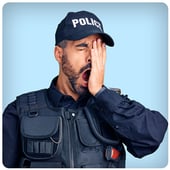 Don’t work excessive overtime
Don’t work excessive overtime
Too much overtime work is a twofold issue: it will make you physically more tired and stressed, and eat into the time you need for destressing by exercising, getting good sleep and unwinding with family and friends. Off-duty is an integral part of most law enforcement professionals, but make sure you’re staying within your agency’s policy on hours and check in with yourself to make sure you aren’t too tired or too busy even when you’re within policy. Also, try not to take the stress of on-duty home.
 Enlist a good support system
Enlist a good support system
If you aren’t comfortable talking to coworkers about being stressed, in fact especially if you aren’t comfortable talking to coworkers, find a couple of people close to you that you can talk to. There are also a lot of great resources for cops reaching the point of burnout or at risk of developing a more serious condition. Irish Angel offers several resources for first responders when the stress has compounded into larger issues. Or, if you just need someone that understands to lend an ear, call COPLINE.
Stress management is an important part of police officer wellness, but it’s often overlooked. This lack of attention to officers’ mental and emotional states can negatively impact their daily work, as well as their personal lives. Recognizing the issue is key to making stress management a priority and getting ahead of the stress before it gets out of control.
Get the latest content delivered straight to your inbox!
Related Posts
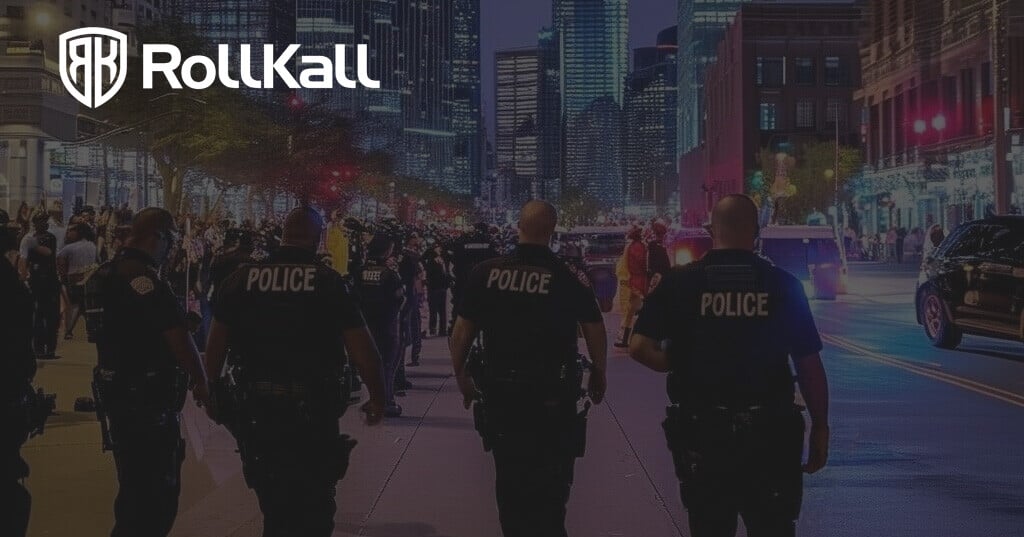

Want more information about RollKall? Let us know a bit about you, and we’ll get back to you as soon as possible with more information and next steps!
